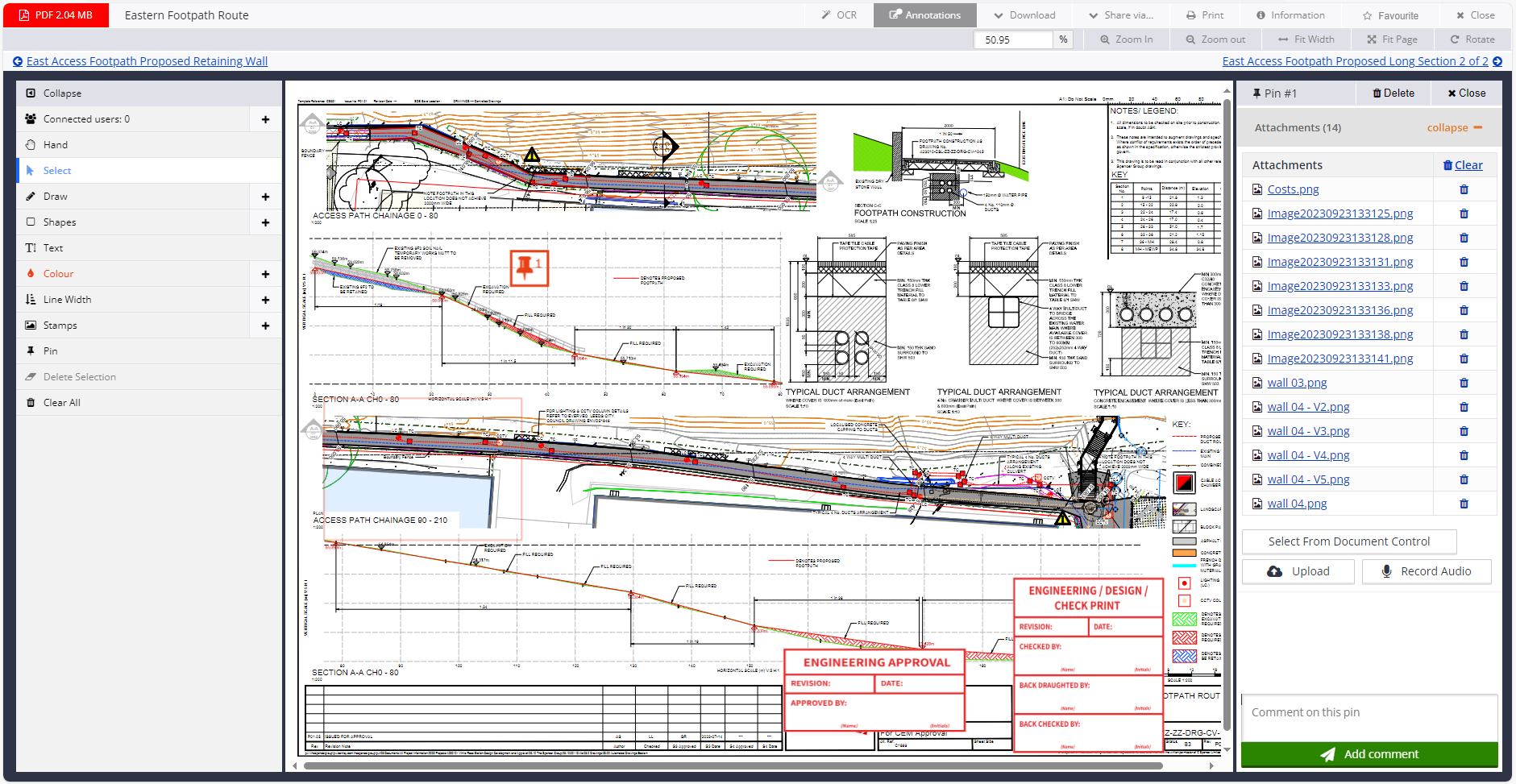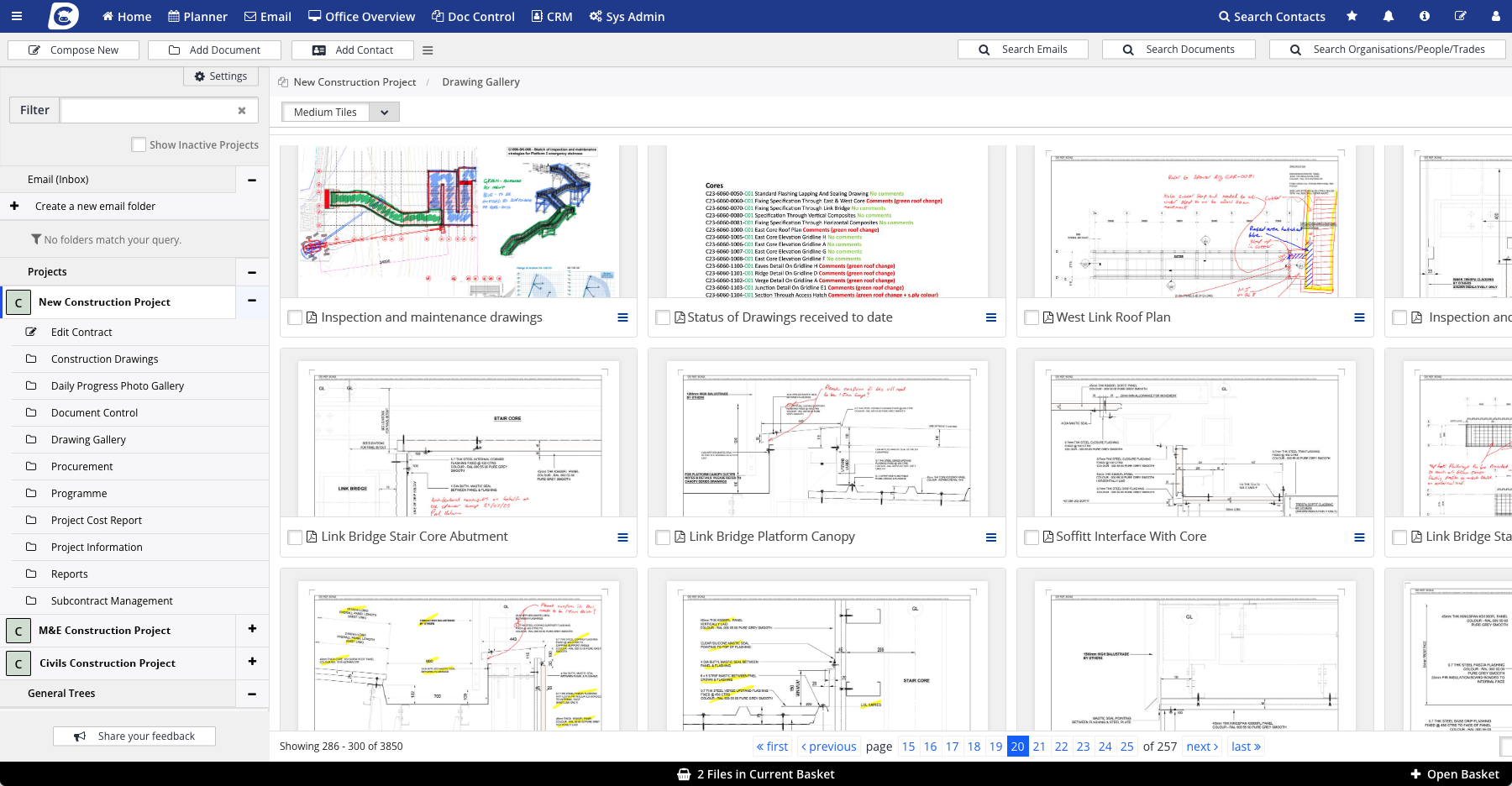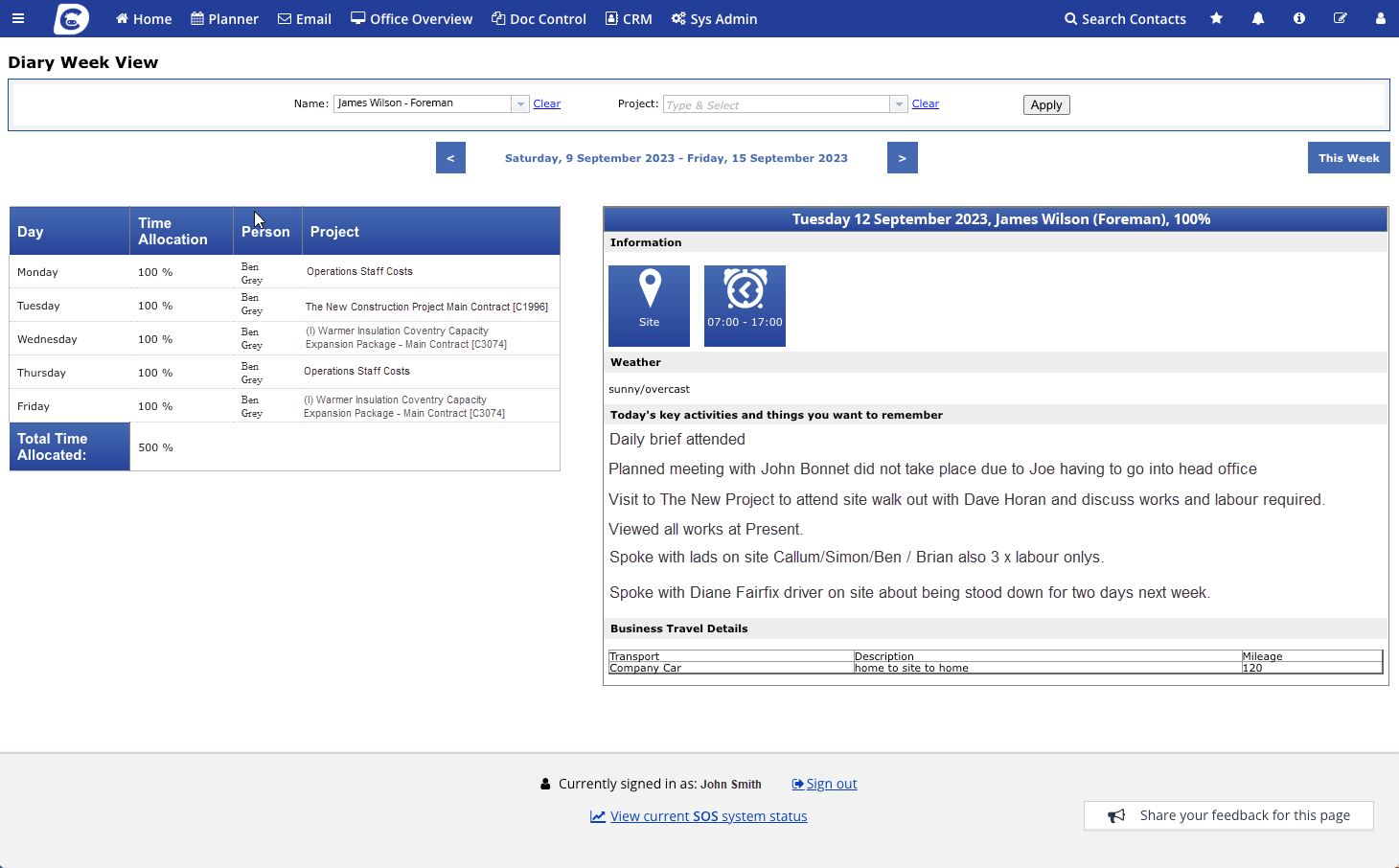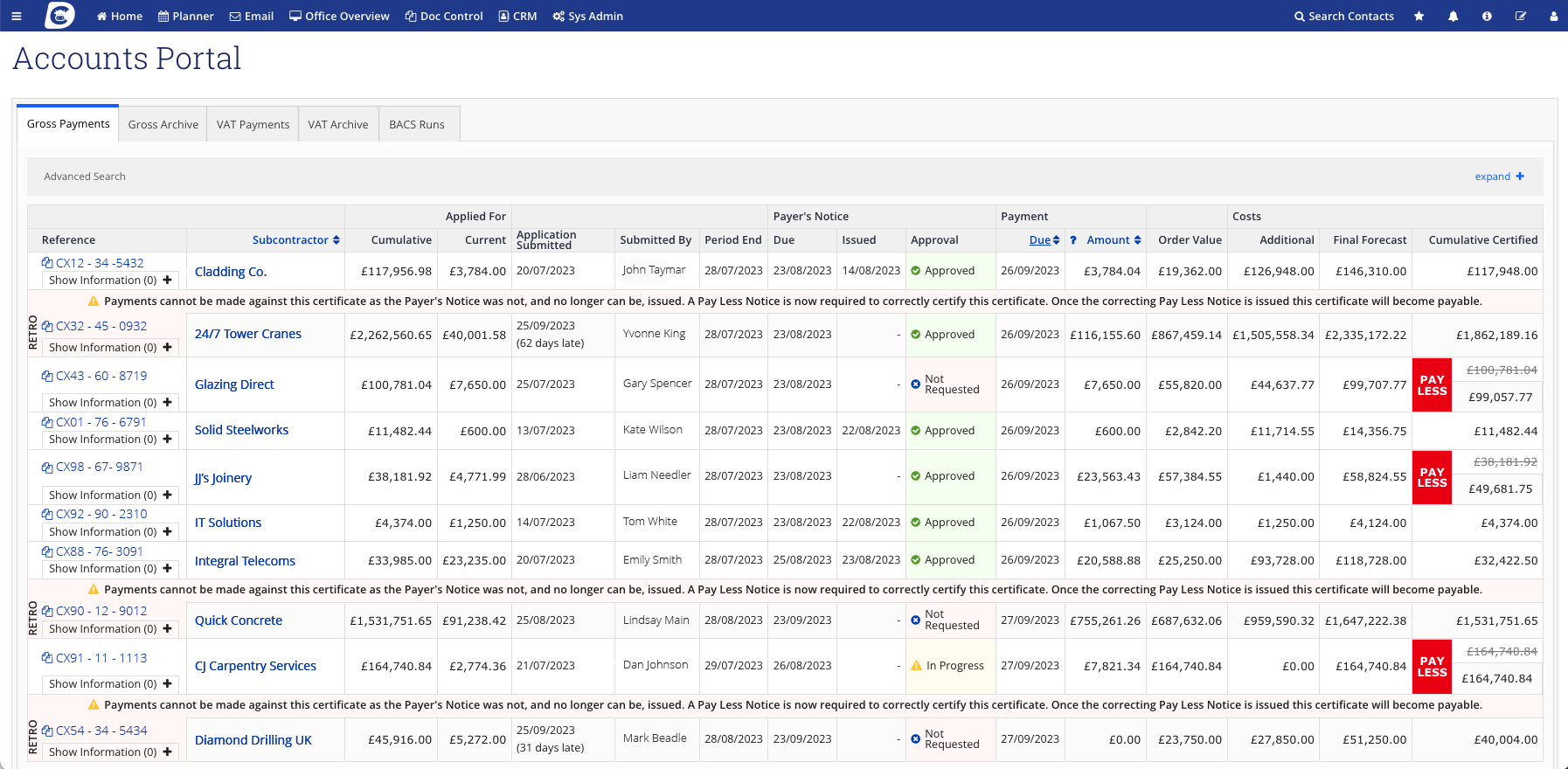Research from Fellows shows that over a million hours are lost searching for documents in the UK every year. Data is everywhere; documents are saved on users’ desktops, and that email you urgently need confirming a change order? It is buried across countless inboxes. You remember George was copied in, but he left six months ago, and his account has been disabled.
EDM Group found that UK workers spend at least 1.5 hours a week looking for information, while 9% spend between 3 and 5 hours. Of course, the issue is far greater. The study only covers wasted hours looking for information. What about the consequences of not finding that silver bullet you need in the upcoming arbitration?
Do you scramble around closing monthly accounts, trying to reconcile purchase orders with invoices, or calling site to see if that material order has been delivered? The issue is everywhere and effects everybody, yet as an industry, we seem happy to trundle along using multiple systems for individual tasks, none of which talk to each other.
A recent KPMG reports suggest that between £5.10 to £6 of direct labour productivity gains could be made for every £1 invested in a complete common data environment.
Right now, companies are spending substantial amounts of money subscribing to a myriad of siloed software solutions. Yet despite all this, records are still incomplete, scattered, and virtually impossible to control.
A report by McKinsey Global Institute found that if you implement strategies to solve collaboration issues and improve procurement and supply chain management, you could see productivity grow by 7% to 8%, with a cost-saving of between 3%-4%.
With data increasing year upon year, and the need to mitigate risks never being more important, the problem is only going to get worse.









